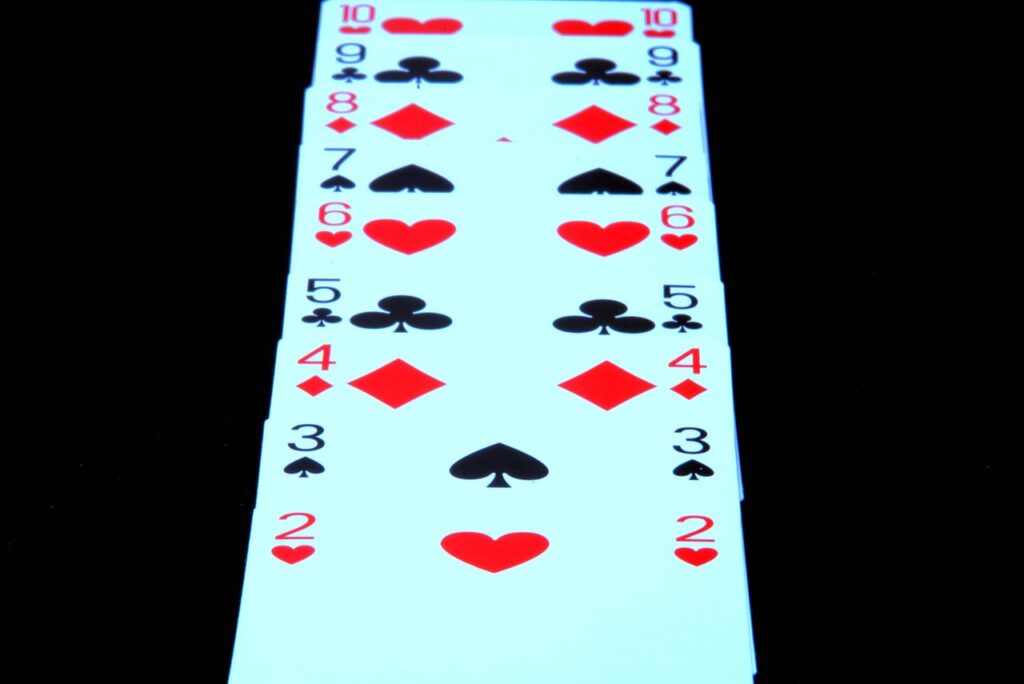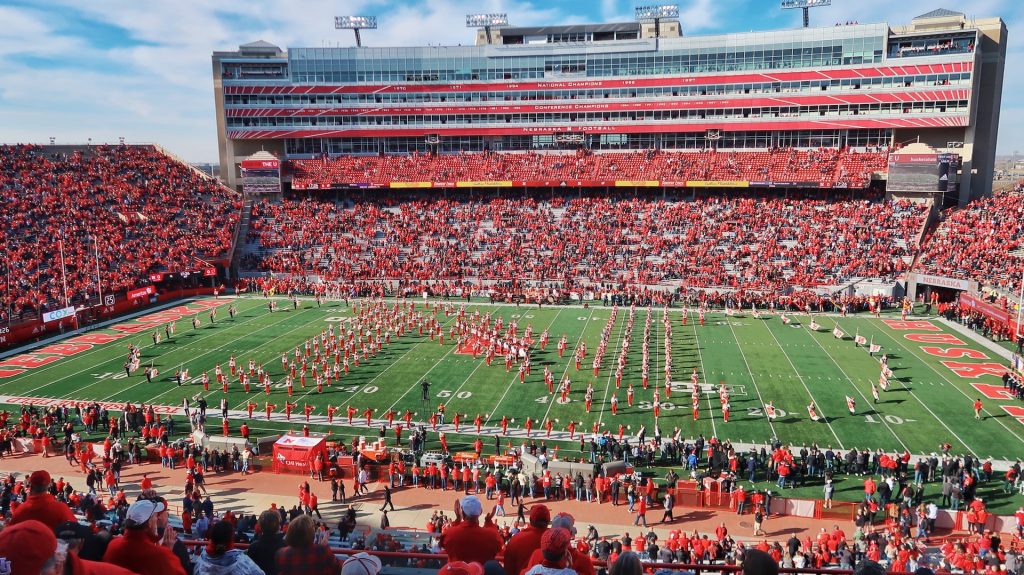What we know as online poker today traces its roots back to New York City in 1963. That was the year that Irwin “The Video Detective” (a nickname he earned for his penchant of purchasing used television sets and rebuilding them to sell at a profit) Rose first conceived of the idea of playing card games over a telephone line using computers.
The Roots
From that first spark of an idea, the story of online poker crystallizes into concrete reality as we know it. In 1991, Bally Gaming released its Shuffle Master machine; the device was designed to cut a deck of cards and randomly shuffle them in table games. The patent application cited “online gaming” as one potential use for the technology. The next year, “Interblock” announced an online networked system for playing blackjack and other card games over a telephone connection. Although Interblock did not make any actual money from this venture, it does provide us with the first real glimpse of future possibilities in online gaming.
The Arrival of CyberSports
In 1993, Mead Data Central (now LexisNexis) released its online gaming system known as CyberSports. Mead Data Central (now LexisNexis) later acquired unique assets like the patent rights to Interblock’s proprietary software to better develop their online networked games, including poker.
After that, everything began to move very quickly. In 1994, World Gaming was founded as a developer of online gambling software focused on sports betting. A year later, real online poker was about to begin in the form of Planet Poker, a play-money poker room launched by Interblock and Mead Data Central (now LexisNexis). Those players who paid $10 in starting funds were given a pile of play money chips and the chance to win real cash. The global response was tremendous, with thousands of players signing up immediately.
The Arrival of CyberSports
In November 1996, Planet Poker launched its “real-money” site, becoming the first true online poker site in history. Planet Poker’s timing couldn’t have been better. In 1999, the dot-com bubble was expanding rapidly. The first online poker site – Planet Poker – would end up going public that year as part of a reverse merger with Excapsa Software.
Soon after that, other sites began to follow suit and offer online poker games for money. In January 2000, Paradise Poker launched its real-money site. The following March, an upstart called Cryptologic launched PartyPoker.com and offered cash games and tournaments to players worldwide.
The Real Money Games
Over the next few years, online poker exploded as a new industry, and hundreds of companies began to offer real-money games that could be played over the Internet. However, even in the US, gaming laws were originally written to allow only three forms of legal gambling: horse racing, lotteries, and charitable gaming (bingo).
At first, online poker was still considered an off-shore industry. The main reason for this was the UIGEA (the Unlawful Internet Gambling Enforcement Act) passed in 2006. That law made it illegal for banks and other financial institutions to process online gambling transactions but didn’t make playing the games themselves illegal. As a result, it wasn’t until the Department of Justice issued an opinion two years later that Americans were banned from playing at real-money poker sites anywhere in the world.
The Restriction of Online Poker
The US government didn’t make any further moves to restrict 카지노커뮤니티 poker until 2011 when the Department of Justice filed an indictment against the three largest real-money online poker sites at that time. The charge? Illegal gambling under US law. Almost immediately, all of those sites ceased operations in the US and disappeared for good.
Today, some real-money poker sites are still operating in the US, but they aren’t located here. Instead, they are off-shore and have been licensed to continue offering their services by gambling jurisdictions like Kahnawake in Canada. This is because none of the US laws governing online gaming require operators to be located within its borders.
Everywhere else, players can enjoy a wide variety of real-money online poker games at dozens of different sites. They are welcome to play for fun or real money, either against the casino itself or other players playing for cash. A lot has changed over the past several years, but none of it limited the appeal of online poker. Instead, all of this activity has made the game more popular than ever before.
The Future of Poker
In the next few years, it’s interesting to see just how many new changes take place. Will we see a shift from poker being a peer-to-peer game played over the Internet to a more community-based experience? With so much money involved in online poker play, will governments attempt to regulate real-money games to collect taxes? Only time will tell.























Follow Us!